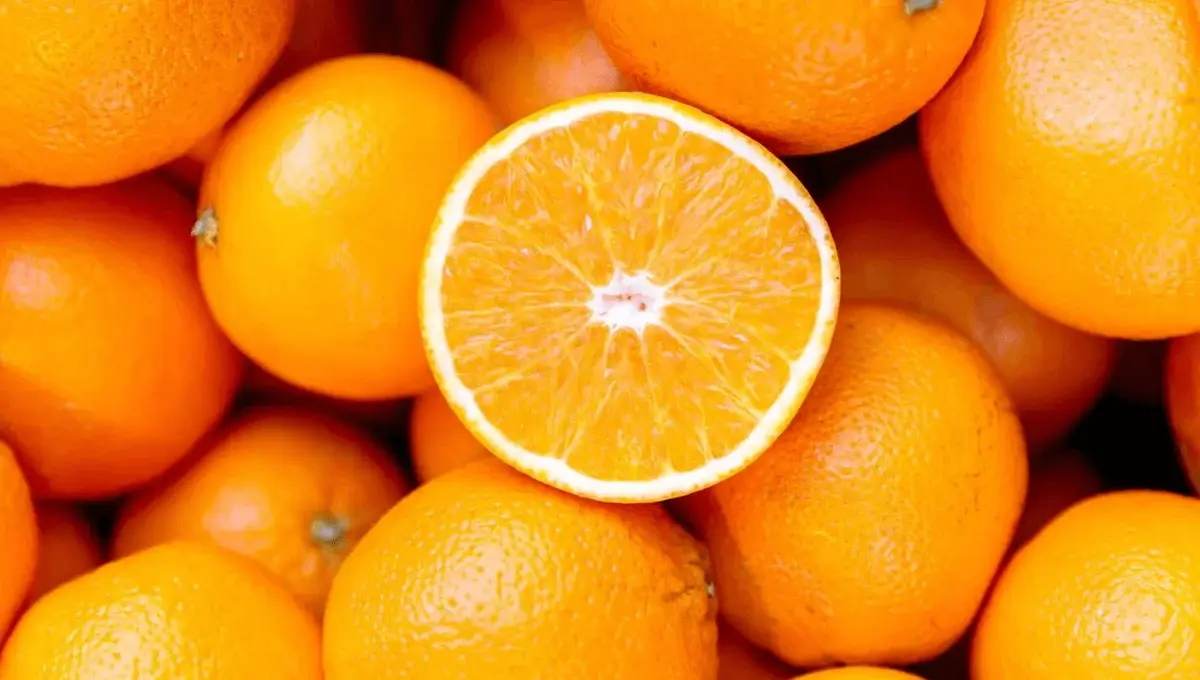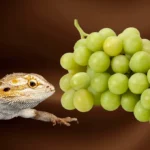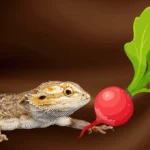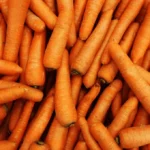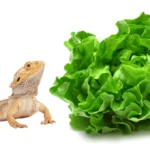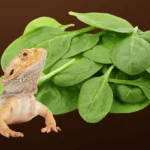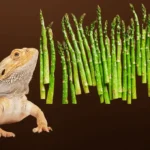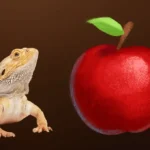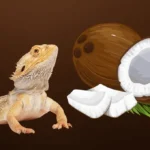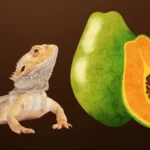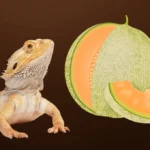Bearded dragons are omnivorous reptiles that require a balanced diet of insects, vegetables, and occasional fruits to stay healthy. While fruits are a small part of their diet, not all fruits are safe or beneficial for them. One common question among bearded dragon owners is whether oranges can be a part of their diet.
This article delves into whether bearded dragons can safely consume oranges, examining the nutritional content, potential benefits, and risks associated with feeding this citrus fruit.
Nutritional Profile of Oranges
Oranges are well-known for their high vitamin content and refreshing taste, making them a favorite among humans. But before offering them to your bearded dragon, it’s important to understand their nutritional composition.
Vitamin C Content
Oranges are an excellent source of Vitamin C, which is essential for boosting the immune system and promoting overall health. However, bearded dragons naturally produce their own Vitamin C, so they don’t require it from their diet as much as humans do.
Calcium to Phosphorus Ratio
The calcium-to-phosphorus ratio is a crucial factor in the diet of bearded dragons. Ideally, their diet should have a calcium-to-phosphorus ratio of 2:1 to support bone health and prevent metabolic bone disease (MBD). Unfortunately, oranges have a low calcium-to-phosphorus ratio, meaning they contain more phosphorus than calcium, which can inhibit calcium absorption and lead to deficiencies.
Sugar Content
Oranges are high in natural sugars, which can be problematic for bearded dragons if consumed in large amounts. Excessive sugar intake can lead to obesity, fatty liver disease, and other health issues in these reptiles.
Acidic Nature
Oranges are citrus fruits, meaning they are acidic in nature. The high acidity can cause digestive issues, including stomach upset, diarrhea, and irritation of the digestive tract in bearded dragons.
Can Bearded Dragons Eat Oranges?
Potential Benefits of Oranges
While oranges are not the best fruit for bearded dragons, there are a few potential benefits if they are offered in very small quantities:
- Hydration: Oranges have a high water content, which can help keep your bearded dragon hydrated, especially in hot weather or during shedding.
- Vitamin Boost: The Vitamin C and other vitamins found in oranges can offer a slight nutritional boost, but since bearded dragons synthesize Vitamin C, this benefit is minimal.
Risks of Feeding Oranges to Bearded Dragons
The risks associated with feeding oranges to bearded dragons outweigh the potential benefits. Here are the main concerns:
1. High Acidity
The acidic nature of oranges can cause significant digestive discomfort in bearded dragons. This can manifest as diarrhea, stomach pain, and a general aversion to eating. In severe cases, prolonged exposure to acidic foods can lead to more serious gastrointestinal issues.
2. Imbalance in Calcium to Phosphorus Ratio
Oranges have a poor calcium-to-phosphorus ratio, which can disrupt the delicate balance of nutrients that bearded dragons need. Regular consumption of oranges can lead to calcium deficiencies, increasing the risk of metabolic bone disease (MBD).
3. High Sugar Content
The natural sugars in oranges can lead to weight gain and obesity if fed too frequently. Bearded dragons are not equipped to handle large amounts of sugar in their diet, and this can also lead to liver problems over time.
Guidelines for Feeding Oranges to Bearded Dragons
Given the risks, oranges should be offered to bearded dragons with extreme caution and only in very limited amounts. If you decide to give your bearded dragon a taste of orange, follow these guidelines:
1. Offer in Small Quantities
Only offer a very small piece of orange, about the size of a fingernail, as an occasional treat. This should not be a regular part of their diet but rather a rare indulgence.
2. Remove Seeds and Peel
Always remove the seeds and peel from the orange before offering it to your bearded dragon. The peel can be difficult for them to digest, and the seeds pose a choking hazard.
3. Monitor for Adverse Reactions
After feeding orange, observe your bearded dragon for any signs of discomfort, such as diarrhea, lethargy, or refusal to eat. If any of these symptoms occur, discontinue feeding oranges immediately.
Healthier Alternatives to Oranges
If you’re looking for safer fruit options to offer your bearded dragon, consider these alternatives that are lower in acidity and sugar:
| Fruit | Nutritional Benefits | Feeding Frequency |
|---|---|---|
| Blueberries | Low in sugar, high in antioxidants | Once a week |
| Strawberries | High in Vitamin C, antioxidant-rich | Once a week |
| Papaya | Rich in Vitamin A, good for digestion | Once every 1-2 weeks |
| Mango | High in Vitamin A, supports vision | Once a week |
| Apples (peeled and chopped) | Hydration, fiber, low acidity | Once a week |
These fruits are generally safer for bearded dragons and can be offered more regularly without the risks associated with oranges.
The Importance of a Balanced Diet for Bearded Dragons
To ensure your bearded dragon remains healthy and active, it’s crucial to provide a balanced diet that meets all their nutritional needs. Here’s what a well-rounded bearded dragon diet should include:
1. Leafy Greens and Vegetables
Leafy greens such as collard greens, mustard greens, and dandelion greens should form the bulk of your bearded dragon’s plant-based diet. These greens are rich in calcium, fiber, and essential vitamins.
2. Insects
Insects like crickets, mealworms, and dubia roaches are an important source of protein for bearded dragons. Younger dragons require more insects, while adults should have a more plant-based diet.
3. Occasional Fruits
Fruits should only make up a small portion of your bearded dragon’s diet. They can be offered as treats and should be low in sugar and acidity to prevent health issues.
4. Calcium and Vitamin Supplements
Supplementing your bearded dragon’s diet with calcium and Vitamin D3 is essential to prevent metabolic bone disease and ensure proper bone health. Dusting their food with these supplements regularly is recommended.
Conclusion
While bearded dragons can technically eat oranges, it is not advisable due to the high acidity, sugar content, and poor calcium-to-phosphorus ratio. These factors can lead to digestive discomfort, nutritional imbalances, and other health issues in your bearded dragon. If you decide to offer orange, it should be done sparingly and with caution. Instead, focus on providing a balanced diet rich in leafy greens, vegetables, insects, and safer fruit options. By doing so, you can ensure your bearded dragon remains healthy, happy, and thriving.
